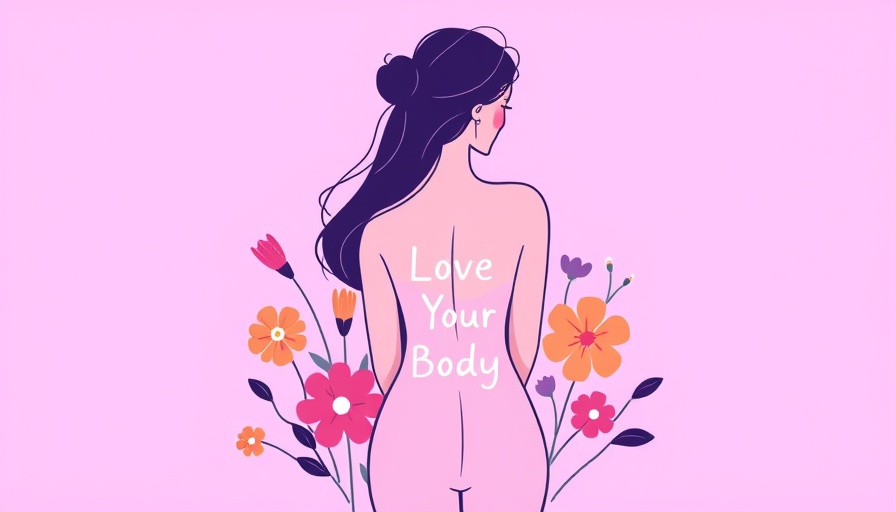
Listening to Your Body: The Change Within
In a world where the hustle and bustle often drown out our inner voices, the necessity of tuning into our bodies becomes crucial, especially for those grappling with anxiety and related mental health challenges. Ignoring bodily signals can lead to significant repercussions, worsening conditions such as anxiety disorders and depression. Yet, the journey to body awareness is transformative, as evidenced by personal stories like that of one woman who found healing when she ceased ignoring her physical manifestations of stress.
The Connection Between Body and Mind
The intricate link between physical sensations and mental health can’t be overstated. Anxiety symptoms often manifest physically; panic attacks, for instance, are characterized by heart palpitations, shortness of breath, and overwhelming dread. Recognizing these symptoms early can facilitate better stress management strategies, enabling individuals to seek interventions such as cognitive behavioral therapy and mindfulness practices.
The Benefits of Listening to Physical Sensations
By acknowledging what her body was communicating, this individual discovered various coping strategies that led to personal empowerment. Self-care activities such as yoga for anxiety and meditation are not just trendy – they can drastically improve emotional resilience and overall mental health. Regular practice helps balance the mind and body, fostering a more peaceful existence.
Stigma Reduction: A Path Towards Acceptance
A fundamental challenge faced by those with mental health issues is the stigma that perpetuates feelings of isolation. As conversations surrounding mental health grow more mainstream, understanding the cultural and societal barriers that hinder progress is critical. Education and awareness are primary tools for dismantling stigma; support groups and community outreach initiatives can foster a culture of acceptance, encouraging those suffering to seek the necessary help.
Actionable Insights and Resources
For anyone navigating through anxiety disorders, several practical insights can pave the way for healing. First, integrating relaxation techniques, such as breathing exercises, can combat immediate feelings of panic. Moreover, embracing regular physical activity, adequate sleep hygiene, and proper nutrition can substantively enhance mental well-being. Utilizing online resources, anxiety management apps, and teletherapy services also provide empowering options for individuals seeking help while navigating their busy lives.
Empowering Future Generations
The importance of mental health education in schools cannot be overstated. Children and adolescents are particularly vulnerable to anxiety and depressive disorders. Initiatives focusing on student mental health through school-based programs can create an environment where young people feel safe discussing their emotional struggles. This preventative measure cultivates a sense of resilience from a young age, fostering future generations capable of addressing their mental health needs openly.
Final Thoughts: The Importance of Listening
Ultimately, the act of tuning in to our bodies is more than just a self-care requirement; it’s a critical step in developing a comprehensive understanding of our mental health. Ignoring physical sensations may lead to a deterioration of our emotional states, resulting in increased anxiety and stress. Recognizing and responding to these signals opens pathways to healing and better coping mechanisms, helping to bridge the gap between physical and mental well-being.
In light of the insights shared, take action today to foster your well-being. Reach out to resources available in your community, seek counseling if needed, and don’t hesitate to share your story with others. Remember, your journey can inspire and aid someone else on their path to mental wellness.
 Add Row
Add Row  Add
Add 




Write A Comment